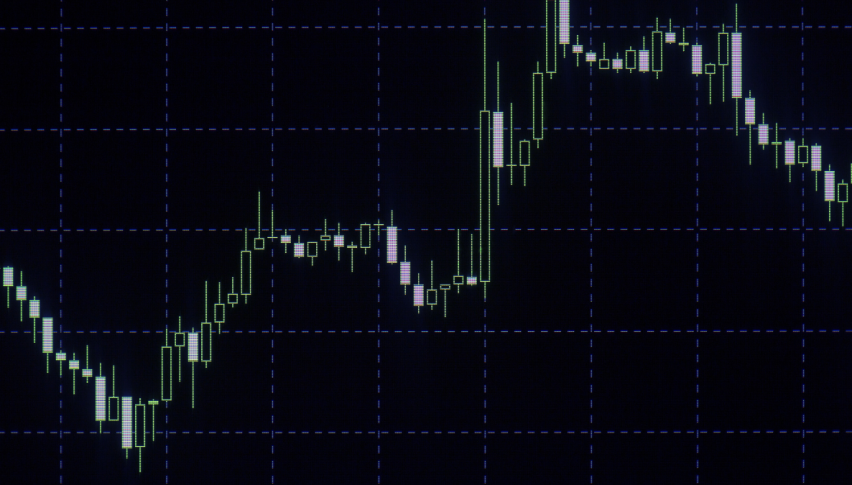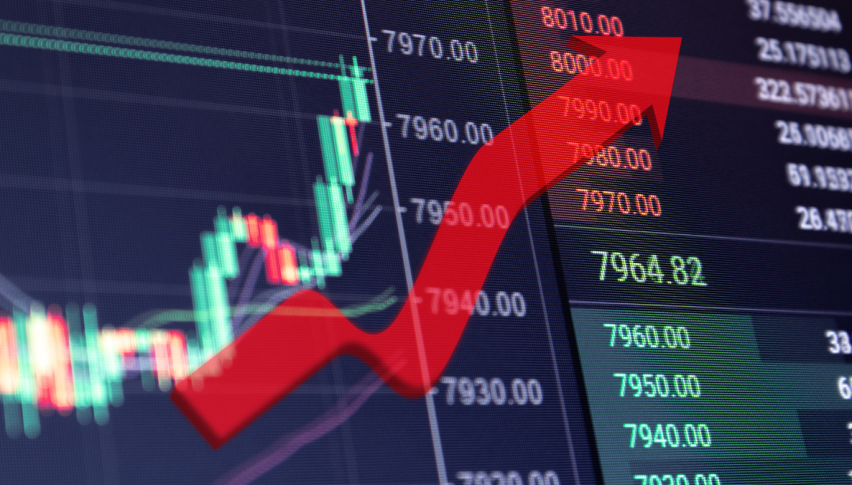Asian Stock Market Are Mostly Up Ahead Of US Inflation Report
Asian stocks were poised for a fifth consecutive month of gains on Friday, driven by the growing belief that cooling US inflation

In today’s trading, Asian stocks were poised for a fifth consecutive month of gains on Friday, driven by the growing belief that cooling US inflation could lead the Federal Reserve to ease rates this year.

Today is packed with risk events for markets after a relatively quiet week, with the focus on May’s US core personal consumption expenditures (PCE) price index set to be released later today.
Japan’s benchmark Nikkei 225 has increased by 0.4% reaching 39,583.08. The government reported that industrial production exceeded forecasts in May, rising by 2.8%, while the unemployment rate remained steady at 2.6% compared to the previous month.
Traders drove the Japanese yen to as low as 161.27 per dollar, challenging Tokyo officials who had intervened in the forex markets twice in April and May following the yen’s decline. Although Vice Finance Minister Masato Kanda stated this week that the government was ready to act 24/7, analysts believe the authorities are more concerned with the rapidity of the yen’s movements rather than a specific level.
Moreover, Japan’s government appointed financial regulation expert Atsushi Mimura as its top currency diplomat, replacing Masato Kanda. Kanda had been dealing with significant yen declines this year, which led to the largest currency intervention on record.
Meanwhile, Chinese markets reversed early losses to trade higher, with the Shanghai Composite up by 0.7% at 2,967.12, while Hong Kong’s Hang Seng index also gained 0.7% at 17,834.71.
Investors were initially concerned about the potential comments from Biden and Trump regarding trade relations with China, which have deteriorated in recent years. However, both offered little indication of whether additional tariffs were forthcoming.
In Australia, S&P/ASX200 fell 0.38% to $0.6623.
- Check out our free forex signals
- Follow the top economic events on FX Leaders economic calendar
- Trade better, discover more Forex Trading Strategies
- Open a FREE Trading Account



